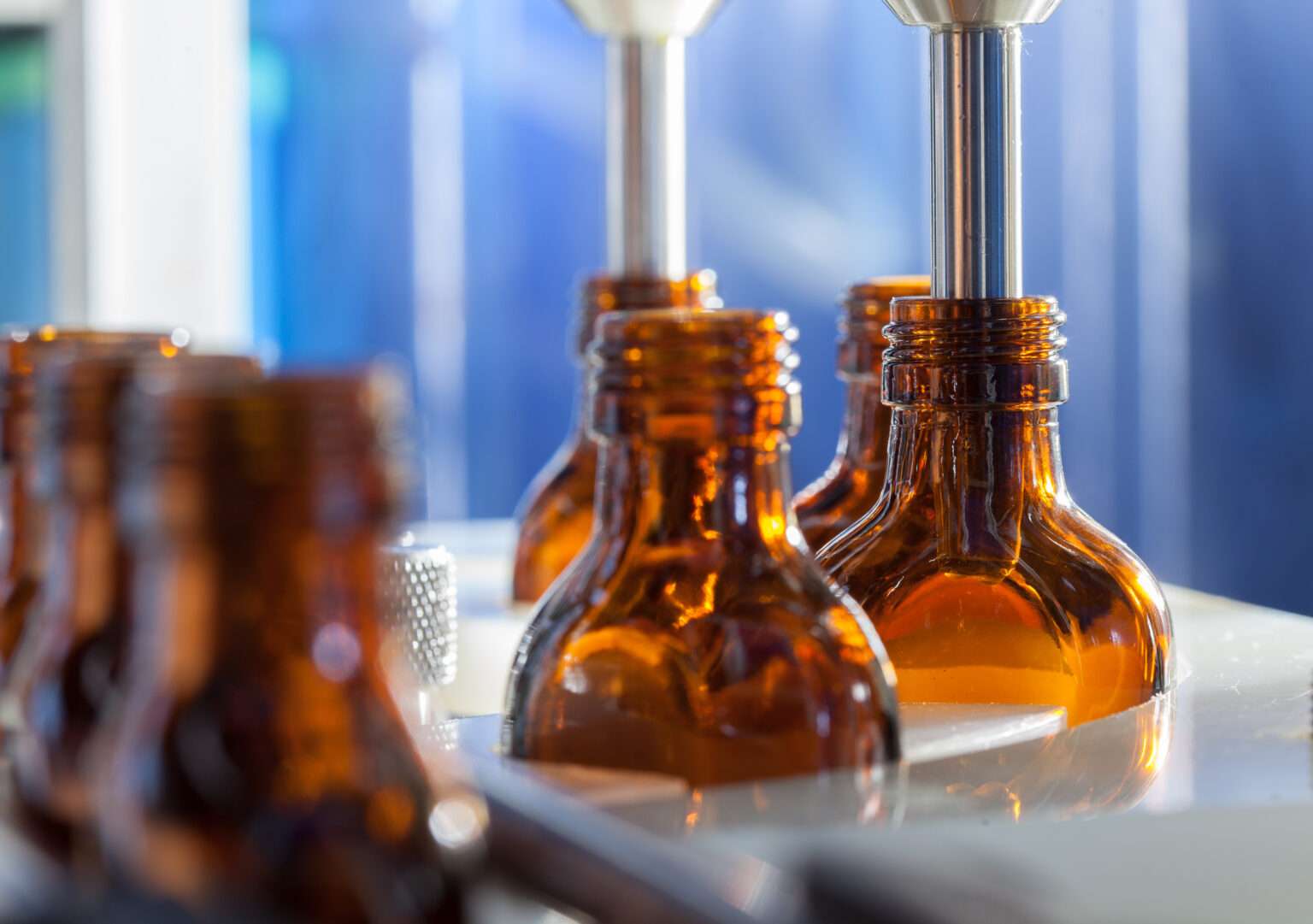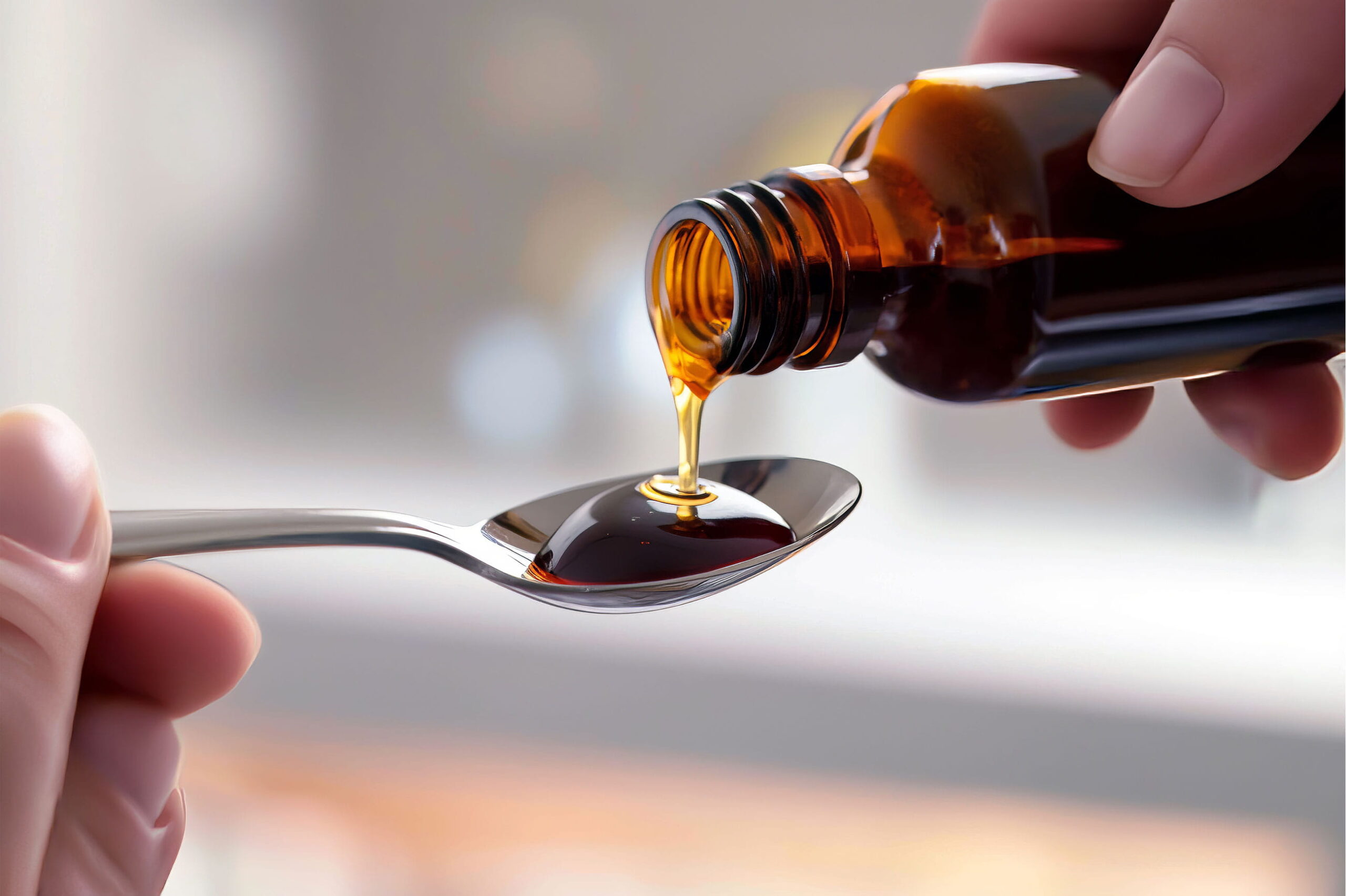Contact Us
- Solutions
- Resources
- About
- Contact Us
close
Optional callout banner for highlighted news or events
Learn More
Oral liquids offer unique advantages that make them indispensable for patient populations with special needs. By addressing challenges like swallowing difficulties, dosing precision, and taste, these formulations ensure better compliance and improved therapeutic outcomes.
One of the most significant benefits of oral liquids is their accessibility for those who struggle with oral solid dosage forms. For geriatric patients suffering from dysphagia or pediatric patients with undeveloped swallowing reflexes, liquids provide a safer and more manageable solution. These formulations also allow for flexible dosing, enabling precise adjustments to accommodate varying weights or clinical needs.
Beyond their accessibility, oral liquids often exhibit improved bioavailability compared to tablets or capsules. Because the drug is already in solution, it bypasses the dissolution phase, ensuring faster absorption and a more rapid onset of action. Additionally, formulations like syrups, suspensions, and emulsions can be designed with sweeteners or flavoring agents to mask unpleasant tastes, further enhancing patient compliance.
The versatility of oral liquids also extends to their ability to accommodate a wide variety of active pharmaceutical ingredients (APIs). For example, poorly water-soluble drugs can be incorporated into emulsions, while suspensions can be formulated for APIs that are unstable in solution. This adaptability makes oral liquids a vital option for delivering medications to vulnerable patient populations.

Crafting oral liquid formulations is no easy feat—it requires balancing scientific rigor with patient-focused design. From maintaining stability to ensuring palatability, each step in the manufacturing process must be meticulously planned and executed.
One of the primary challenges in developing oral liquids is ensuring the stability of the formulation. Unlike tablets, which are inherently more stable, liquids are sensitive to environmental factors such as temperature, light, and humidity. Stabilizers, preservatives, and pH modifiers are essential components of a stable formulation, but they must be carefully chosen to avoid interactions with the API.
Taste masking is another critical consideration. Many APIs have bitter or unpleasant flavors that must be masked to ensure patient compliance. Techniques such as incorporating sweeteners, flavoring agents, or even novel technologies like electronic tongues can help optimize palatability. However, these solutions must not compromise the stability or efficacy of the formulation.
Complex formulations like suspensions and emulsions present additional challenges. In suspensions, maintaining uniform particle size is crucial to prevent settling or separation. Emulsions, particularly oil-in-water types, require precise control over droplet dispersion to avoid issues like Ostwald ripening, which can lead to instability. Each formulation type demands a deep understanding of pharmaceutical science and careful selection of excipients to ensure success.

Designing oral liquid formulations for pediatric and geriatric patients goes beyond basic science. These groups require thoughtful consideration of factors like dosage flexibility, taste, and ease of administration to ensure safety and compliance.
Pediatric patients often need medications tailored to their specific age, weight, and developmental stage. Oral liquids offer the flexibility to deliver precise doses, avoiding the risks of under- or overdosing. Sweeteners and flavoring agents are critical for ensuring compliance, as unpalatable medications are unlikely to be taken willingly by children. However, developers must also consider regulatory restrictions on sweeteners, which can vary by region.
For geriatric patients, swallowing difficulties make oral liquids an essential alternative to pills. Additionally, this population often takes multiple medications, increasing the risk of drug-drug interactions. Careful formulation design can help minimize these risks, ensuring compatibility and ease of administration.
Both populations benefit from innovations like emulsions and suspensions, which enable the delivery of drugs that are otherwise challenging to formulate. These formulations can improve bioavailability and ensure consistent therapeutic outcomes, addressing the unique needs of these vulnerable groups.
Oral liquids are more than just an alternative to solid dose medications—they are a lifeline for patients with unique needs. Mastering the art of formulation and manufacturing is critical to creating therapies that deliver both efficacy and accessibility.
Their benefits for pediatric and geriatric populations, including flexible dosing, enhanced bioavailability, and improved palatability, make them an essential tool in modern medicine. However, the challenges of stability, taste masking, and complex formulation design require an experienced and innovative approach.
By addressing these challenges head-on, oral liquid formulations can deliver safe, effective, and patient-friendly medications, ensuring better outcomes for those who need them most.
Like what you read? Share with your network: